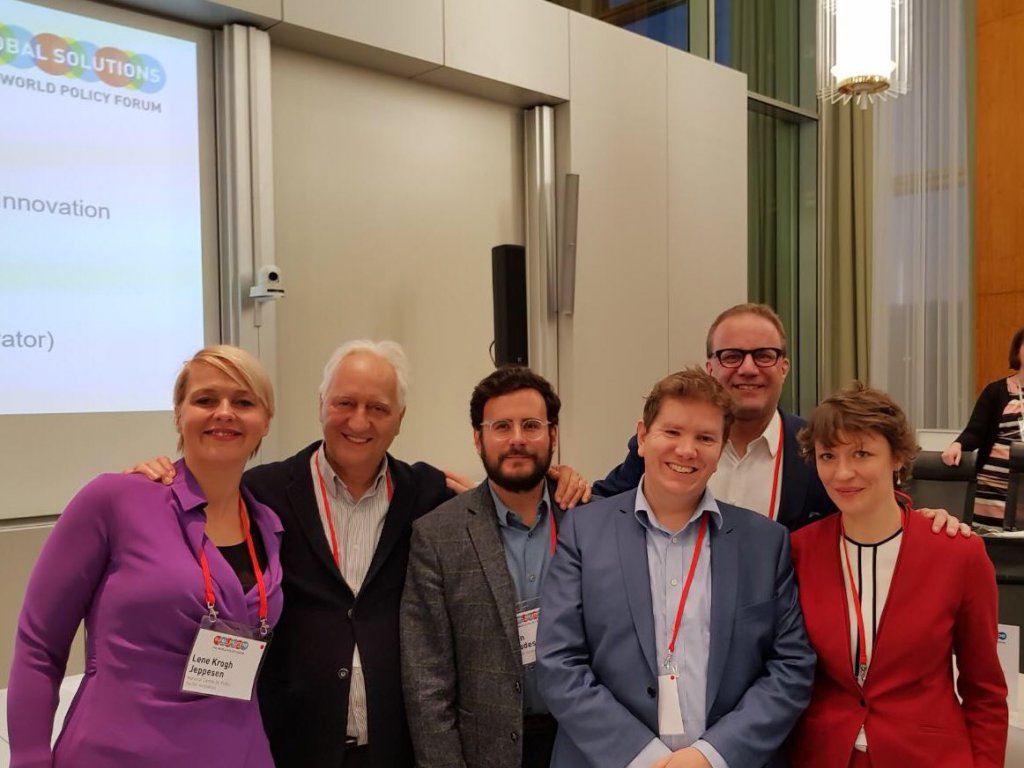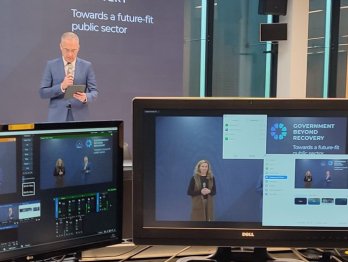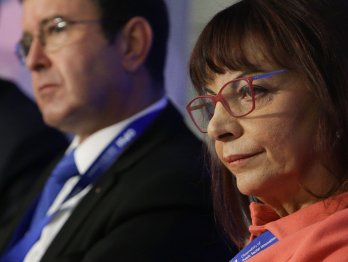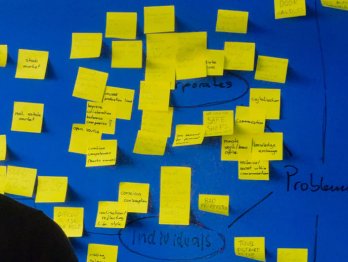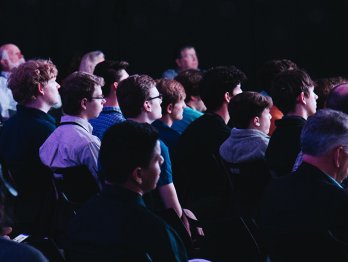“The world need not be this way”

With these words Dennis Snower, President of the Global Solutions Initiative, helped capture the essence of the 2019 Global Solutions Summit held in Berlin. “The world need not be this way.” A simple statement of fact, but also a powerful challenge. A provocation that things could (and often should) be different. It is also an invitation – that we can each help shape a new state of affairs.
The event, on 18 and 19 March, brought thinkers together from around the world: politicians, policy makers, business leaders, social innovators, and young change-agents. The 2019 Global Solutions Summit intended to provide policy recommendations on major G20 issues in advance of the upcoming Japanese T20 and G20 Summits this year. The overarching theme for this year’s summit “Recoupling Social and Economic Progress – Towards a New International Paradigm” looked at how we can tie economic growth back together with purpose, value and the common good. There seemed to be a consensus from both participants and speakers about how urgent the need for a new paradigm is. As Gabriela Ramos, the OECD Chief of Staff, said, if we are not achieving people-centred growth, and we have the evidence that things are not working, then we need to change the paradigm.
Working towards a new international paradigm
However, as one speaker commented, it is unrealistic to think things will get better because people want them to. There is a need to bring this paradigm change into reality. Across the two days, many of the speakers touched on elements of how that might occur. Some of the sessions included:
- A panel on establishing more creative and innovative bureaucracies, chaired by Charles Landry, where myself and others discussed how to unleash more of the creativity that already exists within government bureaucracies
- Discussion on new economic and moral foundations for capitalism, where Eric Beinhocker spoke about how the wrong assumption has been at the heart of our systems. It has not been a billion acts of selfishness that have led to prosperity, rather it has been a billion acts of cooperation, so we need to adjust our thinking and our systems accordingly
- Discussion about how radical uncertainty (as opposed to risk) can not only create anxiety, but be an opportunity for learning and development
- Angela Merkel, the Federal Chancellor of Germany, who spoke about the importance of multilateralism in confronting these challenges. While we should all “think globally, act locally”, there are many opportunities and problems that can only be effectively dealt with through international cooperation. Multilateralism will inevitably involve some disappointment, as it necessitates some degree of compromise, but it allows everyone to be better off overall.
The Global Solutions Summit provided many ideas and connections to help rise up to the challenge and opportunity of “the world need not be this way”.
